Search
Did you mean: Silla?
Search Results

Definition
Carthaginian Army
The armies of Carthage permitted the city to forge the most powerful empire in the western Mediterranean from the 6th to 3rd centuries BCE. Although by tradition a seafaring nation with a powerful navy, Carthage, by necessity, had to employ...
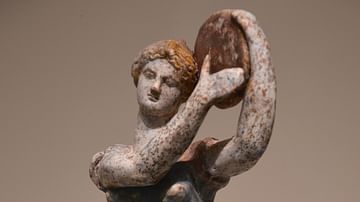
Definition
Tympanon
The tympanon (tympanum in Latin) was the most popular frame-drum in ancient Greek music, producing a loud rumbling sound not far from the sound of the orchestral timpani drums today. This percussion instrument was played mainly by women on...

Article
Female Gladiators In Ancient Rome
Female gladiators in ancient Rome – referred to by modern-day scholars as gladiatrix – may have been uncommon but they did exist. Evidence suggests that a number of women participated in the public games of Rome even though this practice...

Article
Twelve Great Viking Leaders
The Viking Age (c. 790-1100 CE) transformed every aspect of the cultures the Norse came in contact with. The Vikings usually struck without warning and, in the early years, left with their plunder and slaves to be sold as quickly as they...
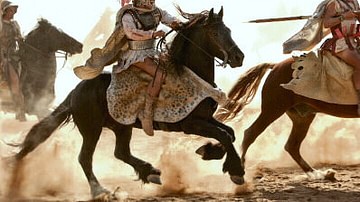
Article
The Army of Alexander the Great
No military commander in history has ever won a battle by himself. To be successful he needs the support of a well-trained army who will follow him regardless of the cost whether it be a stunning victory or hopeless defeat. One need only...
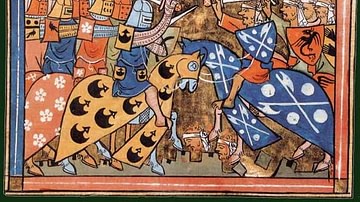
Article
The Armies of the Crusades
The armies of the Crusades (11th-15th centuries CE), which saw Christians and Muslims struggle for control of territories in the Middle East and elsewhere, could involve over 100,000 men on either side who came from all over Europe to form...

Article
Battle of Stamford Bridge
The Battle of Stamford Bridge in Yorkshire, England on 25 September 1066 CE saw an army led by English king Harold II (r. Jan-Oct 1066 CE) defeat an invading force led by Harald Hardrada, king of Norway (r. 1046-1066 CE). Hardrada, aided...
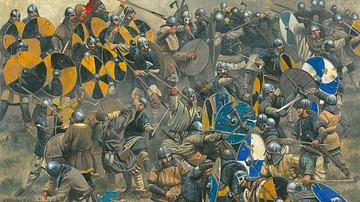
Article
Battle of Brunanburh
The Battle of Brunanburh, fought in the autumn of 937 at an unknown location, saw the English king, Aethelstan (r. 924-939), defeat a coalition of invading armies led by Constantine II of Scotland (r. 900-943) and Olaf Guthfrithson of Dublin...
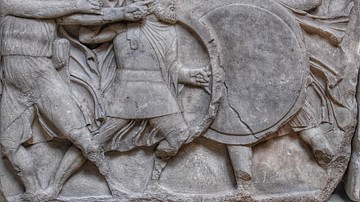
Article
The Grand Strategy of Classical Sparta
In ancient Lacedaemon, as in all enduring political communities, there was a symbiotic relationship between the form of government chosen, the way of life that this form of government fostered, and the grand strategy that the community gradually...
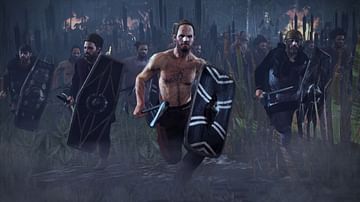
Article
The Battle at the Allia River, 390 BCE
The 390 BCE battle at the Allia River was fought between the city state of Rome and Gauls from northern Italy. When the Gauls laid siege to the Etruscan city of Clusium, the Romans intervened on behalf of the latter. The Gauls withdrew but...